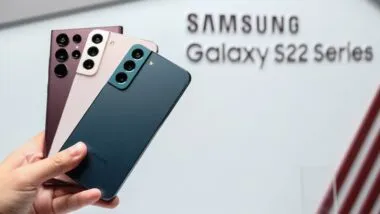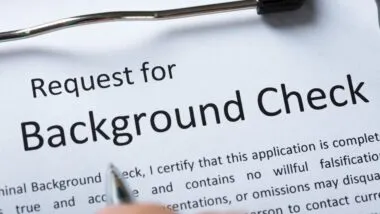
Update:
- The U.S. Department of Justice told an appeals court that a lower court got it wrong when it threw out two class action lawsuits against the manufacturer of Invisalign.
- The lawsuits alleged Align Technology Inc. used its monopoly in the dental alignment and scanner markets to artificially increase prices and maintain control over the industry.
- The DOJ filed an amicus brief to the 9th Circuit on Aug. 29 that did not take a position on the ultimate merits of the antitrust claims but said the lower court was wrong to grant summary judgment in favor of Align.
- Invisalign is a custom-manufactured dental aligner system that allows consumers to straighten their teeth without visible braces. The fit for Invisalign plates are reportedly generated using hand-held intraoral scanners under the brand iTero.
- According to the Invisalign class action, the company knew that maintaining a monopoly on intraoral scanners would influence dental practices to use the matching brand of dental aligners.
(March 25, 2019)
The manufacturer of Invisalign uses their monopolies in the dental alignment and scanner markets to artificially increase prices and maintain control over the industry, a class action lawsuit states.
Invisalign is a custom manufactured dental aligner system that allows consumers to straighten their teeth without visible braces.
The fit for Invisalign plates are reportedly generated using “hand-held intraoral scanners” under the brand iTero.
According to the Invisalign class action, the company knew that maintaining a monopoly on intraoral scanners would influence dental practices to use the matching brand of dental aligners, prompting them to initiate this scheme.
The growth of each product reportedly feeds into the growth of the other product, allowing Align Technology to generate more than $1 billion in earnings every year. This dual market tactic was reportedly supported by numerous patents that protected the company’s technology.
The threat of lower profits prompted antitrust tactics, according to the recent class action lawsuit brought by a Chicago dental practice known as City Smiles.
“For years before the relevant period for the challenged conduct in this case, Align had been able to charge high prices and earn high profit margins on Invisalign because the product was protected by a thicket of hundreds of patents that Align wielded aggressively to protect its Aligner monopoly,” the Invisalign class action lawsuit claims.
However, the Invisalign and iTero scanner patents were allegedly set to expire starting in 2017. Align Technology was reportedly used to operating without “the outside influence of other competitors coming in” which raised investor expectations of profits. The company allegedly knew that they could not lower prices or spend more money to improve quality.
In order to maintain their profits and keep investors happy, Align Technology allegedly responded to expiring patents with a “anticompetitive scheme” intended to “leverage its monopoly power in the Aligner market to increase or maintain its monopoly power in the Scanner market, and to leverage its monopoly power in the Scanner market to increase or maintain its monopoly power in the Aligner market.”
The result was a “de facto bundle” of the Invisalign technology and the iTero scanners which reportedly boosted Align Technology’s shares in both the aligner and scanner markets.
The Invisalign class action states that Align Technology made it “impracticable” to use the Invisalign technology without the iTero scanner technology, and vice versa.
Invisalign manufacturers allegedly only accept scans generated by iTero scanners, opposed to scans in the industry scanner file format, meaning that the use of either Invisalign or iTero scanners independently would mean more work on the part of dental practices.
Time would either be taken up by converting files or using the “messy, uncomfortable, time-consuming, and inefficient method” of silicone based molds, the Invisalign class action claims.
City Smiles seeks to represent a Class of entities or people that purchased Invisalign aligners and/or iTero scanners directly from Align Technology on or after March 15, 2015.
The Invisalign antitrust class action lawsuit seeks compensatory damages, treble damages, injunctive relief, court costs, and attorneys’ fees.
The proposed Class is represented by Jeffery S. Goddess, Jessica Zeldin, and P. Bradford Deleeuw of Rosenthal Monhait & Goddess PA; John Radice and Daniel Rubenstein of Radice Law Firm PC; and Eric Cramer and Daniel J. Walker of Berger Montague PC.
The Invisalign Price-Fixing Class Action Lawsuit is Simon and Simon PC d/b/a City Smiles v. Align Technology Inc., Case No. 1:19-cv-00506-UNA, in the U.S. District Court for the District of Delaware.
Don’t Miss Out!
Check out our list of Class Action Lawsuits and Class Action Settlements you may qualify to join!
Read About More Class Action Lawsuits & Class Action Settlements:















3 thoughts onDOJ says lower courts should not have dismissed Invisalign monopoly class actions
Add me please
Add me please
Please add me